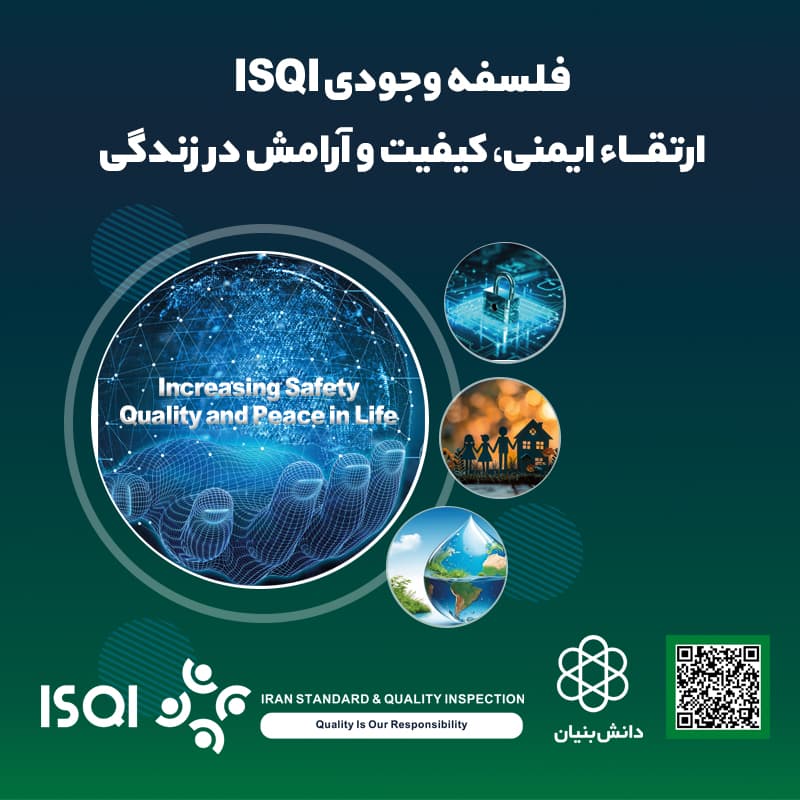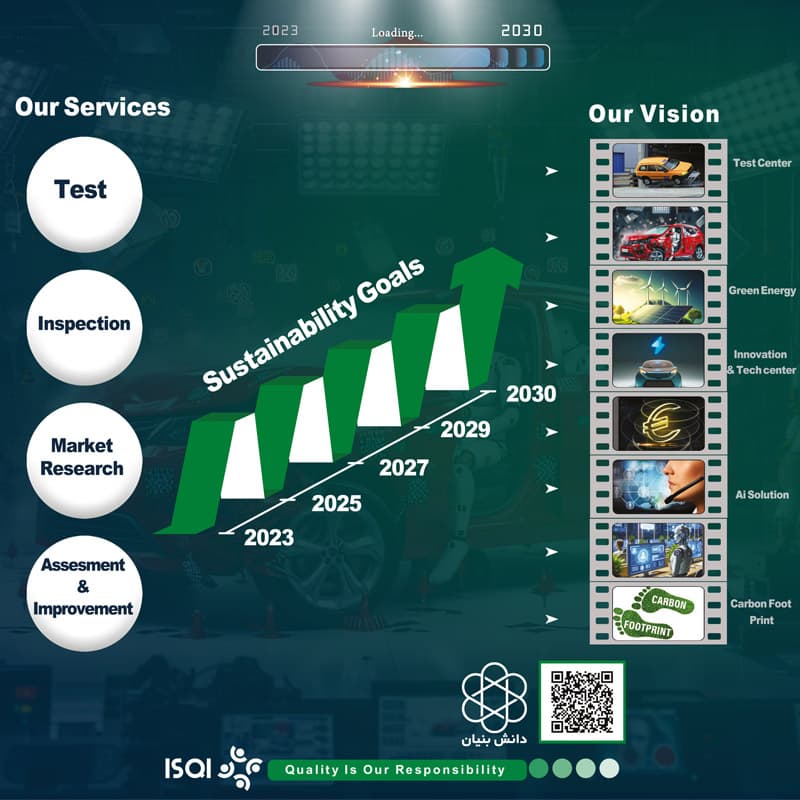The EU Market Surveillance Regulation, adopted in 2019, will come into effect on July 16, 2021. The two-year implementation period given to industry and businesses was intended to give them enough time to comply with the stricter rules. However, the TIC Council remains concerned about the weaknesses of the current market surveillance system.
These regulations apply to all products subject to EU harmonization legislation, including construction products, medical devices, machinery or toys. In fact, there are products that require a CE mark and have not necessarily been evaluated independently from the point of view of conformity.
The purpose of these regulations is to strengthen the control requirements for products on the EU market to ensure their conformity and safety for European consumers.
EU market surveillance regulations try to close legal loopholes. In fact, this law defines the concept of “economic operator” and forces foreign producers who want to sell their products in the EU to comply with these regulations. To ensure full compliance of manufactured products with EU requirements. Also, this system should provide the possibility of easy exchange of information with the responsible authorities.
The TIC Council believes that the new regulations have created a modern and unified legal framework for market surveillance among EU member states. Below are some of the loopholes in these regulations:
The biggest concern is that market surveillance authorities are responsible for monitoring products on the market and identifying those that do not comply with regulations. A lack of guidelines, funding and resources can be a challenge for regulatory bodies, and as a result, inconsistencies between regulatory authorities, both in terms of activities and inspections, undermine the credibility of the internal market and their ability to function properly. As a result, many unsafe products are circulating in the EU market. Since 2016, annual safety reports have been steadily increasing. Concerns about the safety of products sold online raise questions about the effectiveness of the system.
The outsourcing of these inspections and compliance of marketable products with EU national regulations by the TIC Council helps to assess the conformity of products and reduce the risk for consumers.
Thus, TIC companies make it easier for market surveillance authorities with limited resources, allowing them to focus their resources on potentially complex risks and products that have never been subject to a conformity assessment. In addition, they can help companies adapt to changing regulatory requirements while reducing the financial burden on government resources.







